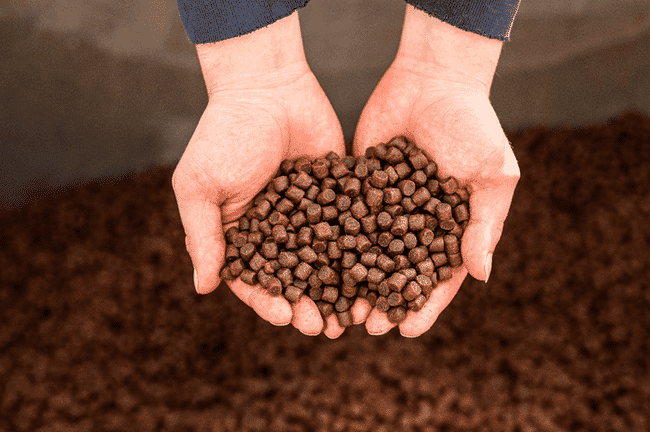
© ASC
Both Vimifos - a Mexico based aquafeed company - and the Chilean branch of Skretting - a globally active feed company - undertook a rigorous audit process over several months for their respective sites. The conclusion of the audits has established that their processes and performances meet the Feed Standard’s robust environmental and social requirements.
Vimifos, which produces feed for farmed shrimp, tilapia, trout and marine fish was the first to achieve multi-site certification for three of its feed mills in Mexico. Skretting has also achieved multi-site certification for two feed mills in Chile that produce feed for salmon.
“This is not only a milestone for Vimifos, Skretting and ASC, but pivotal for the whole industry to strengthen the credibility of fed seafood farming now and into the future. Our Feed Standard sets a higher benchmark for feed production. We applaud Vimifos and Skretting for their commitment to venturing into new territory with us – they are the trailblazers and their certification paves the way for the rest of the industry,” commented Chris Ninnes, chief executive officer at ASC.
“There is no responsible seafood farming without responsible feed. Companies involved in its production face increased reporting demands to assess the 'upstream' environmental and social impacts from feed-ingredient supply chains. By setting strict requirements for the sourcing of all major feed ingredients, ASC addresses environmental and social risks down to raw material level,” Ninnes added.
Skretting CEO Therese Log Bergjord commented, “We are extremely proud to be the first salmon feed company in the world to achieve ASC Feed Standard certification. This is a highly demanding standard that moves in the right direction towards ensuring a positive impact across our supply chain, but we know that the journey doesn’t end here. We’re already implementing the learnings from Chile to accelerate the certification process across the rest of our operations and, with that, ensure that our customers can keep relying on Skretting to maintain their own certifications for fish and shrimp.”
With two further feed companies currently in audit fo sites in Thailand and Ecuador, the programme is gathering strength and increasing in global coverage. As global demand for farmed seafood continues to grow, it is vital that the entire aquaculture supply chain transforms towards more environmental and social responsibility.




